During Apollo 11 landing 50 years ago, a tape-recorded piece of music that the Moon heard from mankind is affectionately called the New World Symphony. Otherwise known as the Symphony No.9 in E minor, this is a classical piece of music written by Czech composer, Antonín Dvořák.
Dvořák might not be one of the Top 10 classical music composers that many have heard of, yet, this is the man whose stars are aligned for greatness.

In Prague 2 district, not far away from the Peace Square [Náměstí Míru], a Baroque styled villa that once belonged to a nobleman (Count Michna) now houses the Antonín Dvořák Museum.
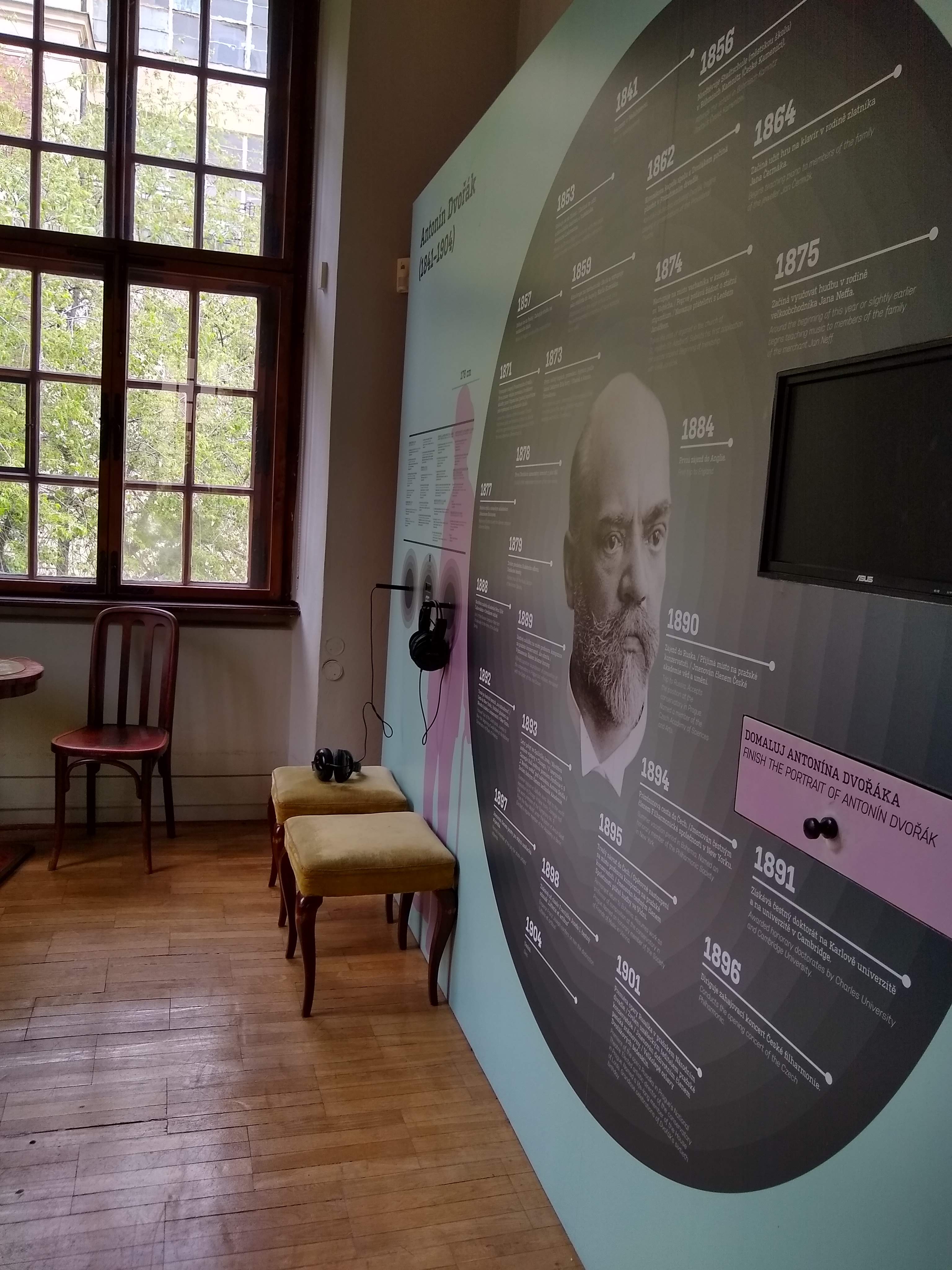
If at this point you still have no idea who Antonín Dvořák is, perhaps the tune of Humoresques No.7 will give you an idea. “Passengers Will Please Refrain” and “Skippy Squirrel” are two great examples of how the Americans have immortalized this composer in popular culture.
He had only spent three years in New York City (and infact enjoyed Spillville more) but in that short time frame, he had accomplished what he had set out to do. He became the hero that the country was seeking and in return, the Americans made him the only classical music composer that the Moon has ever heard of.
It was meant to be.
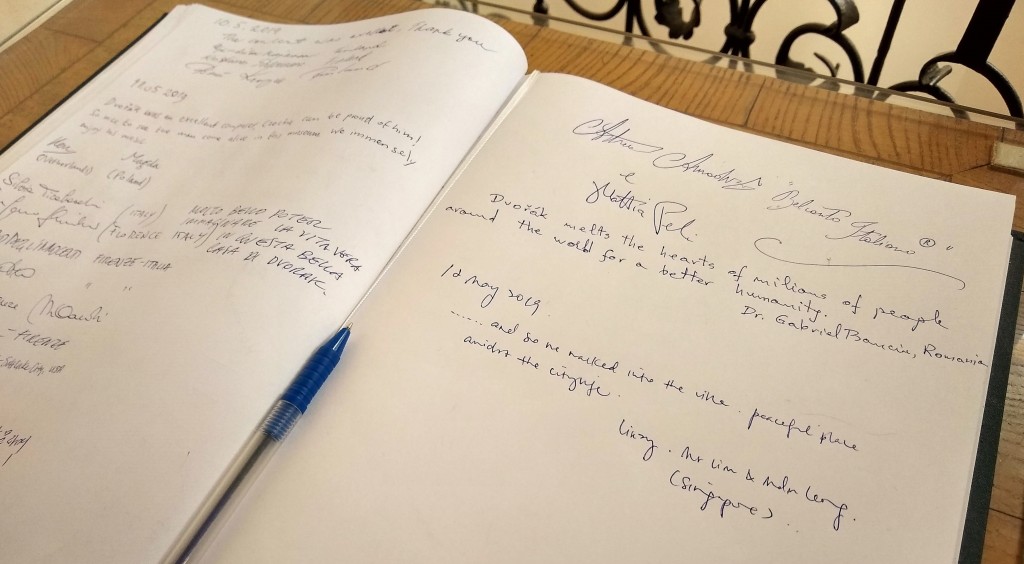
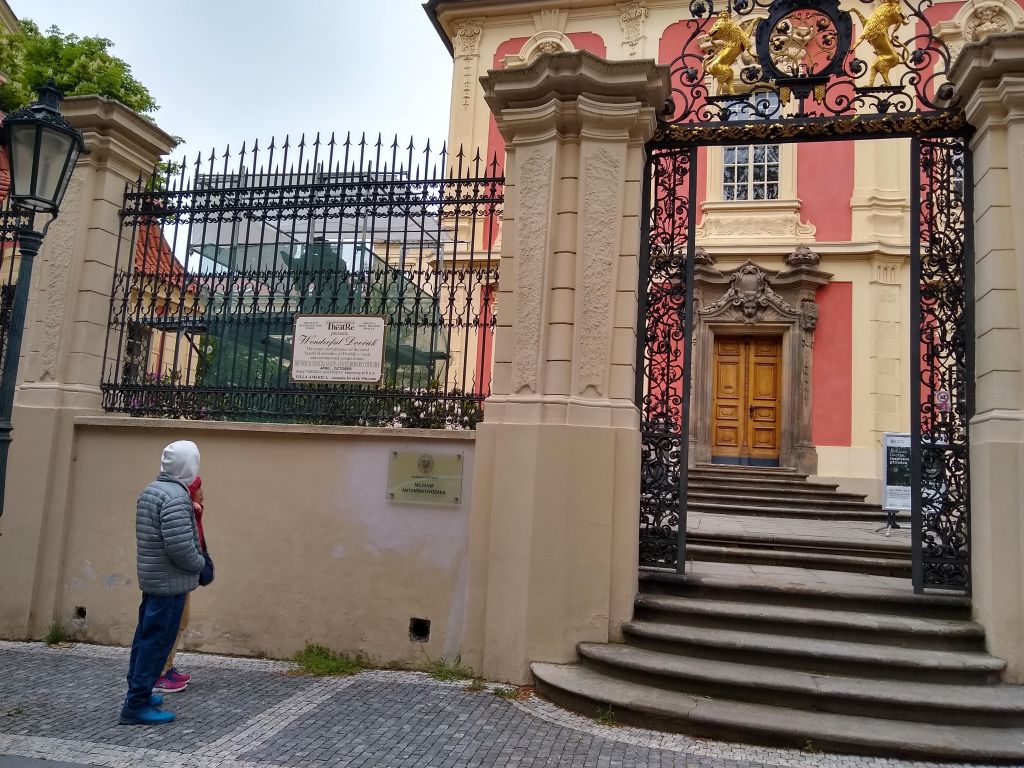
This was no ordinary villa. Built in 1720 for Count Michna, the property passed between the hands of many different owners. In 1826, it was briefly converted into a restaurant (Amerika) and by 1843, it was owned by the city.
Antonín Dvořák was born in 1841 and, in the last 30 years of his life (from 1874 -1904), lived ten minutes away from this building. Who knew that the Antonín Dvořák Society would one day obtain the property in the 1930s and have his story told to people all over the world. What would they name this property if not “Villa America”?
It has to be.



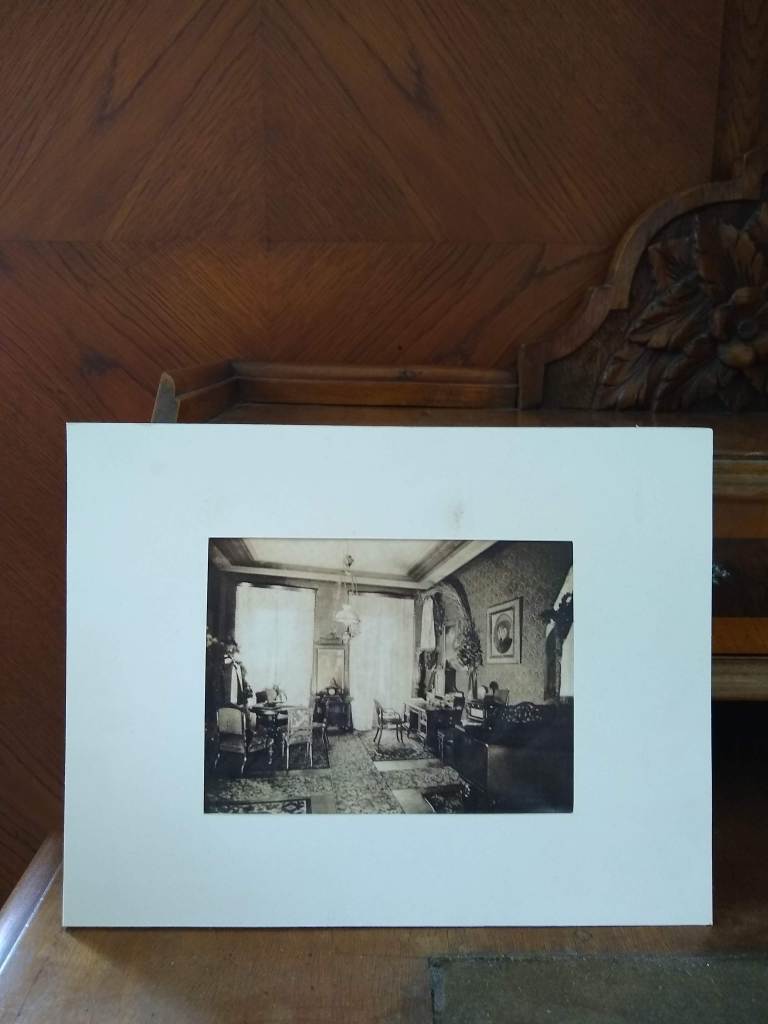
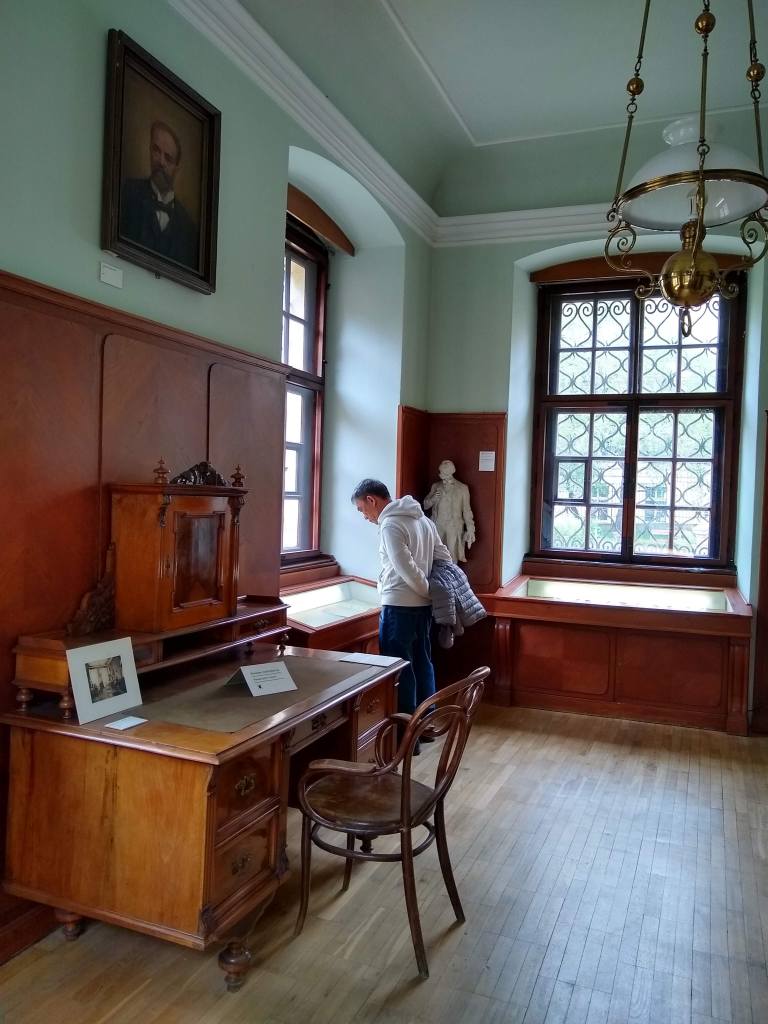
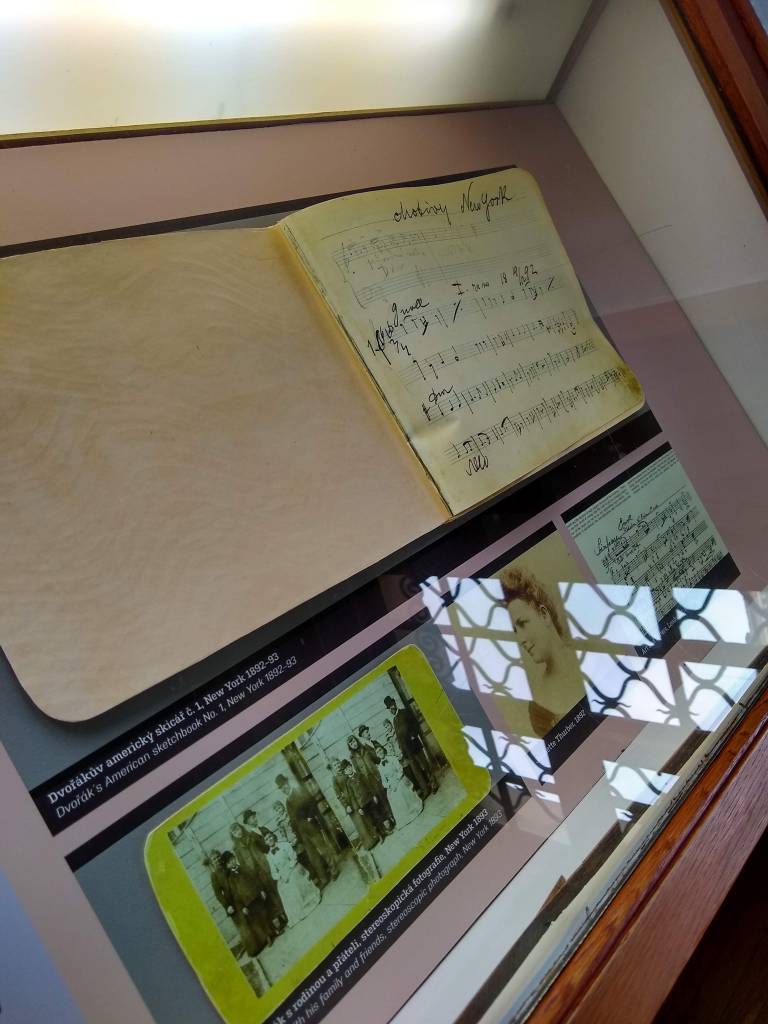
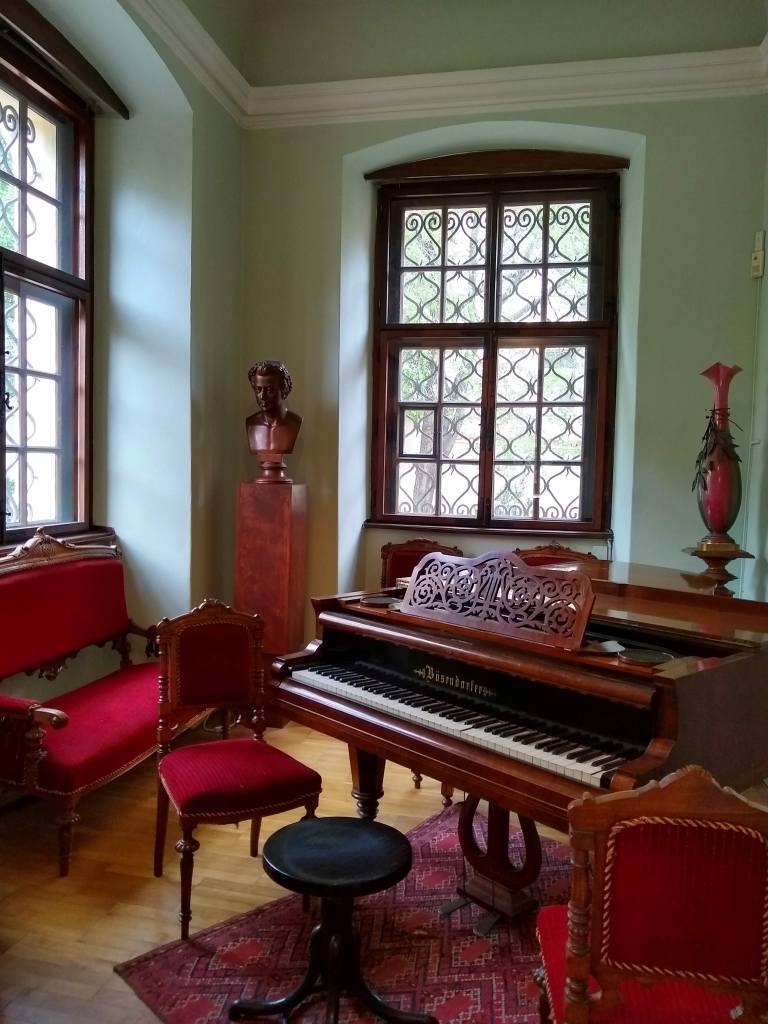

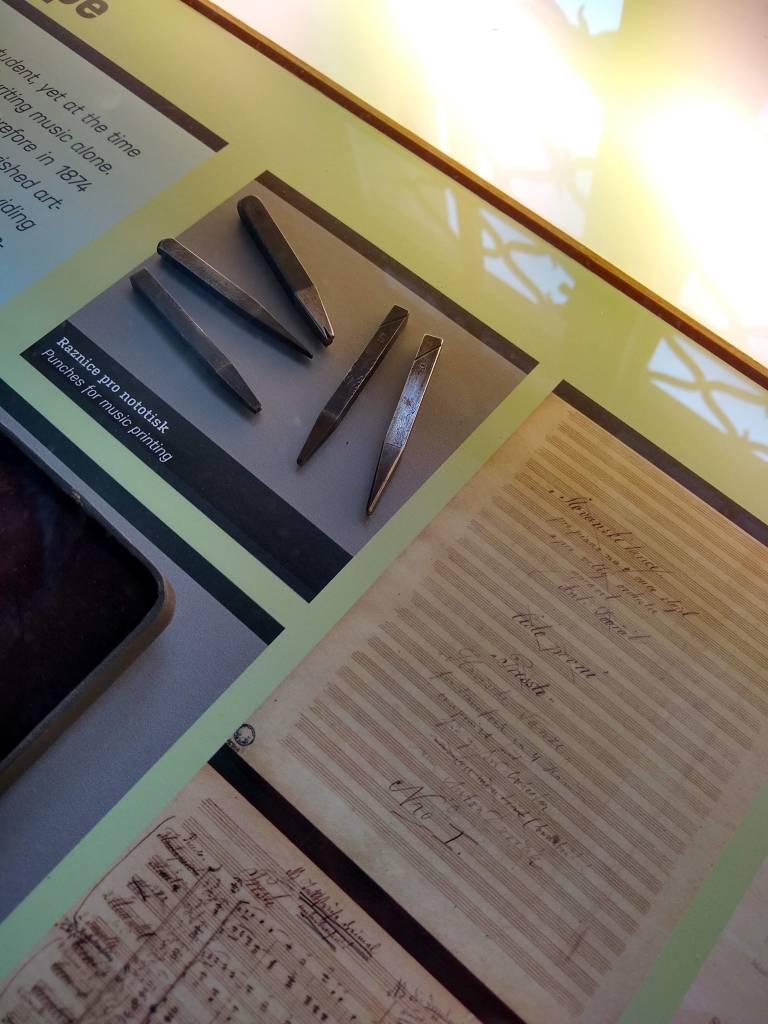
Leave a comment